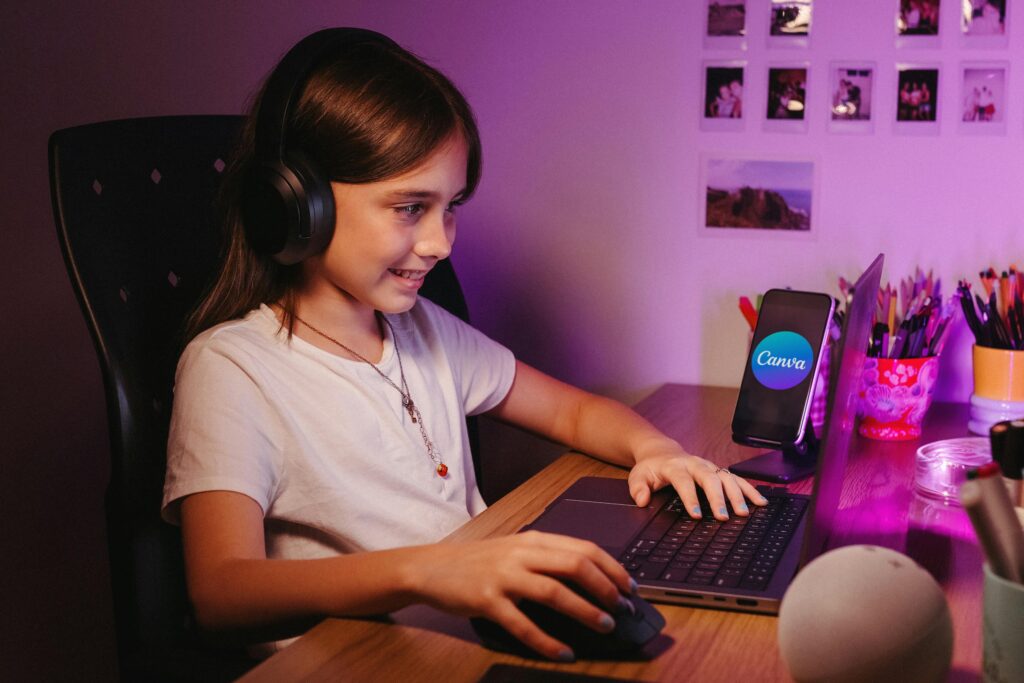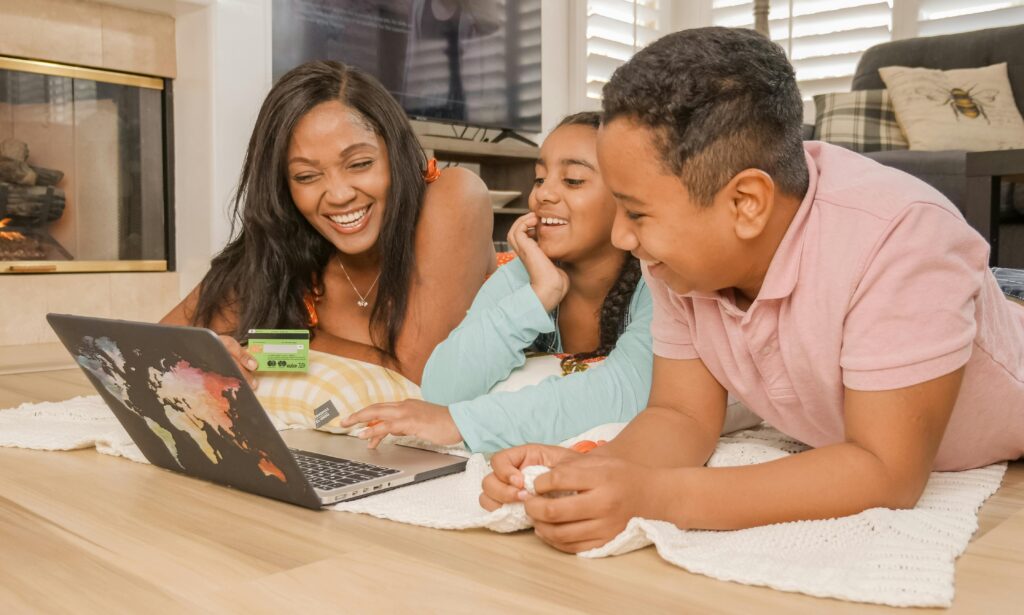
Video games have evolved far beyond pure entertainment. When chosen carefully, they can help students develop valuable skills — from problem-solving and teamwork to typing and digital literacy. By guiding young players toward purposeful play, parents and teachers can transform gaming into a tool for growth rather than distraction.
Choosing Games with Educational Value
The first step is selecting titles that align with your child’s goals and interests. Educational games, coding apps, and typing platforms such as Typesy introduce essential skills while keeping kids engaged. Many strategy games encourage critical thinking and planning, while puzzles or logic-based adventures improve focus and patience.
Typing-specific games deserve a place in every family’s library. They make practice fun, helping students improve speed and accuracy without the feeling of formal drills. Over time, these skills become second nature, allowing children to complete schoolwork, research projects, and even creative writing more efficiently.
Parents should also consider games that teach STEM concepts, storytelling, or history. For instance, sandbox-style worlds let players experiment with building and design, while narrative-driven adventures can enhance digital education by improving reading comprehension and decision-making.
To maximize learning, combine structured practice tools like Typesy with fun, skill-building games so students get the best of both worlds.
Guiding Healthy Gaming Habits

Once you’ve chosen educational titles, the next challenge is helping students develop balanced habits. Set clear expectations for screen time and incorporate breaks to protect eye health and posture. Encourage kids to stretch, stand, or even practice proper typing posture between gaming sessions to prevent strain.
A key part of this balance is modeling good behavior. Show your children how you integrate technology for productivity and leisure, whether you’re organizing a to-do list app or brushing up on typing accuracy. Conversations about appropriate online behavior — from respectful chat etiquette to privacy settings — are just as important as gameplay itself.
Creating a structured routine can further boost learning outcomes. Dedicate specific times for homework, gaming, and physical activity so students know when and how to enjoy screen-based learning responsibly. Parents can also encourage collaborative play, where siblings or friends work together on problem-solving challenges, helping foster teamwork and safe online habits.
By pairing educational games with programs like Typesy, you can turn screen time into a productive, skill-building experience.
The Benefits of Purposeful Play

When video games are integrated thoughtfully, they offer more than just entertainment. Children gain transferable skills such as typing speed, communication, and creativity — abilities that extend into schoolwork, hobbies, and even future careers. Many games teach persistence, showing students how to adapt and learn from mistakes in a low-stakes environment.
Educational gaming also encourages students to explore their passions. A child interested in design might experiment with creating virtual worlds, while another may discover an interest in coding through puzzle-based platforms. These moments of discovery can spark a lifelong love of learning.
Finally, introducing a variety of resources — from Typesy’s typing lessons to interactive games that teach science or language — keeps learning fresh and motivating. The key is balance: when play and education complement one another, students build both skills and confidence.
Looking to enrich your child’s digital learning experience? Explore how Typesy combines typing practice with engaging activities to make every session both fun and meaningful.
